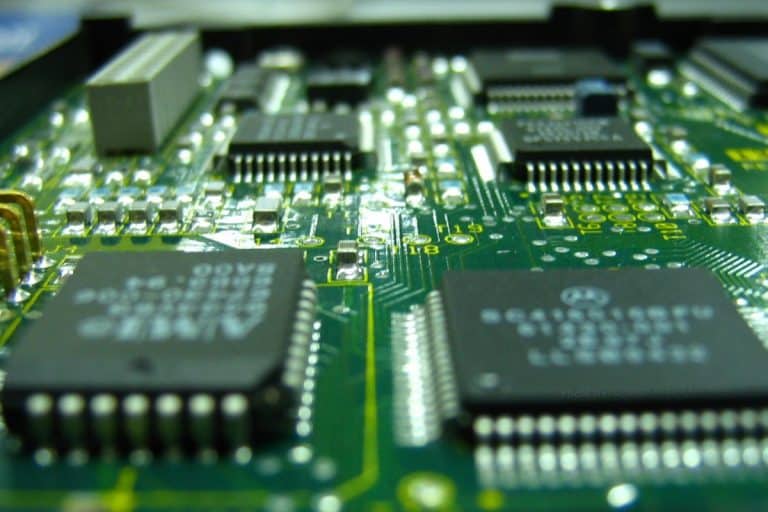The ongoing chip war between the United States and China escalated when China announced it will control exports of gallium and germanium products that are widely used in the semiconductor industry.
The announcement comes on the heels of Washington considering new restrictions on exports of artificial intelligence chips to China. A Wall Street Journal report on June 26 said the Commerce Department would stop shipments of chips by US companies to customers in China as early as July,
Last year in September, Nvidia had said it was asked to stop exporting two top computing chips used for AI work to China. The company developed a new advanced chip (A800) to meet export control rules, and also tweaked its flagship H100 chip to comply with regulations.
The WSJ report said that the new curbs included banning the sale of A800 without special US export license. The Netherlands and Japan have joined the US in curbing exports to China.
Beijing said the new controls on some gallium and germanium products were aimed at protecting national security and interests. It will require exporters to seek permission before shipping. This will take effect from August 1 and apply to eight gallium-related products and six germanium products.
China produces around 60 percent of the world’s germanium, and exported 43.7 metric tons of unwrought and wrought germanium last year. Canada, Finland, Russia and the US are the other countries producing it.
Around 80 percent of gallium is produced in China. It is found in trace amounts in zinc ores and in bauxite, and gallium metal is produced when processing bauxite to make aluminium. It is used to make gallium arsenide (GaAs) for use in electronics. China exported 94 metric tons of gallium in 2022 and the US imported nearly $200 million worth of GaAs wafers last year.
Most experts believe the move will drive up prices, but not overtly hit the chip industry.
China’s dominance in gallium and germanium supply
Lucy Chen, Vice-President at Isaiah Research in Taipei, told Reuters: “We believe that gallium and germanium are indeed important raw materials for the semiconductor industry, and China currently accounts for at least 80 percent of their supply.
“The gallium and germanium export controls that China has recently implemented have a direct impact primarily on the field of compound semiconductors, such as GaAs substrate suppliers Sumitomo, Freiberger and AXT, as well as US GaN substrate suppliers including Cree and II-VI.
“This also has a knock-on effect on the production of related products such as radio frequency, power amplifier, LED and communication equipment.
“Although the above-mentioned substrate suppliers rely on gallium imported from China as raw materials, there are other secondary suppliers in Japan, South Korea, Europe, America and other regions that can provide materials, which can control the risk of upstream material shortages. However, under China’s export controls, the cost of gallium and germanium may increase. Whether other suppliers can provide enough material to meet demand, needs to be observed.”

Apart from its use in high-speed computer chips, these metals are also used in the defence and renewable energy sectors. Germanium is key to fibre optic cables and is used in military applications like night-vision devices as well as satellite imagery sensors.
Semiconductor wafers made with gallium arsenide rather than silicon can operate at higher frequencies and are heat resistant.








